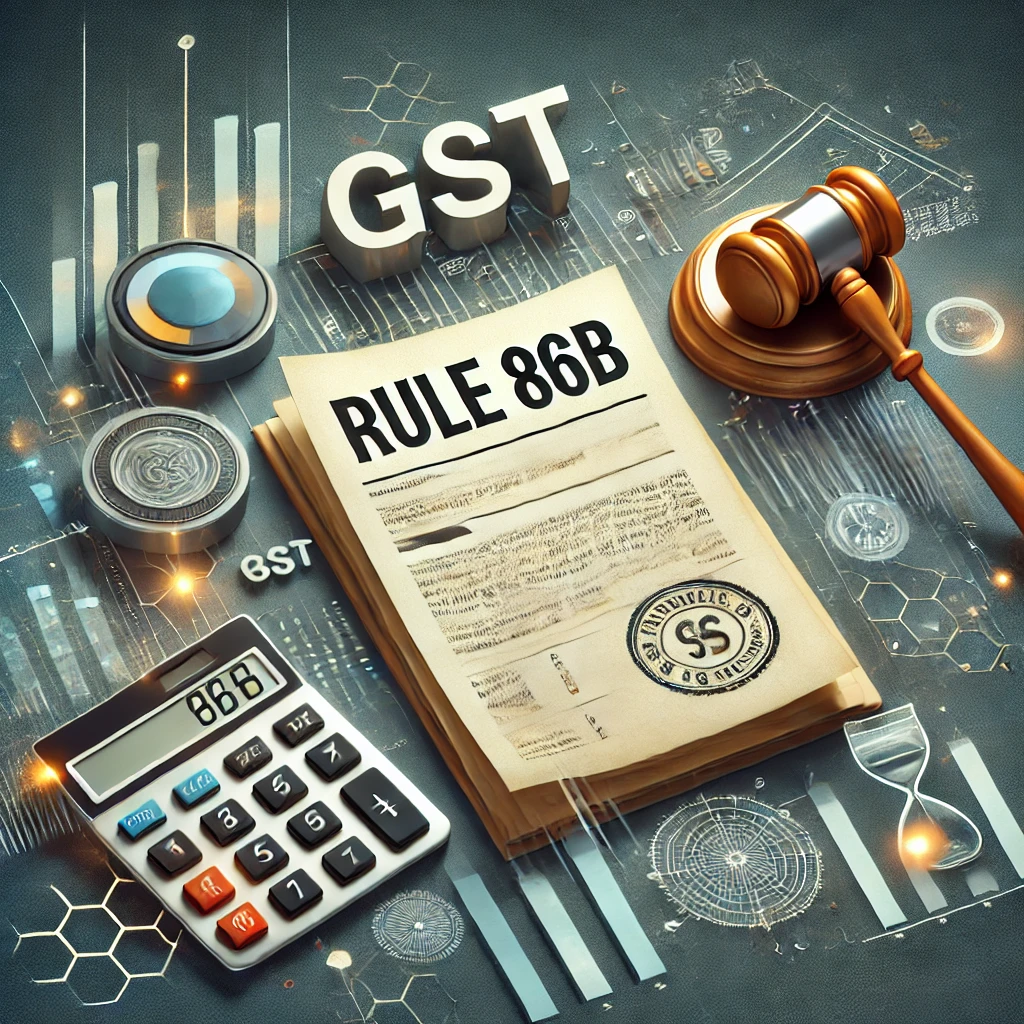
In a significant ruling on April 2, 2025, the Allahabad High Court, in Merino Industries Ltd. vs. State of Uttar Pradesh and Another (Writ Tax No. 1406 of 2025), quashed an order passed by the Joint Commissioner, SGST, Ghaziabad, for violating principles of natural justice. The court set aside a tax demand of over ₹5.82 crore, imposed under Section 74 of the Goods and Services Tax Act, 2017, due to the authorities’ failure to provide the petitioner an opportunity for a personal hearing, despite a specific request.
This judgment reinforces the mandatory requirement of procedural fairness in GST adjudication and highlights systemic issues in the state’s tax administration. For tax professionals, this case underscores the importance of vigilance in ensuring compliance with statutory provisions and judicial directives.
Background of the Case
Merino Industries Ltd., a manufacturer and supplier of potato flakes, faced a show cause notice (SCN) dated August 3, 2024, from the Joint Commissioner, SGST, Corporate Circle-1, Ghaziabad. The notice, covering the period July 2017 to March 2018, proposed reclassifying potato flakes under tariff heading 2005-2000 instead of 1105-2000, which would attract a higher tax rate. The SCN required a reply by August 19, 2024, but marked the columns for the date and time of personal hearing as “NA,” effectively denying the petitioner a hearing opportunity.
Merino Industries responded to the SCN on August 19, 2024, contesting the reclassification and explicitly requesting a personal hearing to present its case. Despite the request, the Joint Commissioner issued an order on February 4, 2025, confirming the tax demand of ₹5,82,67,589.12 without granting a hearing. Aggrieved by the order, Merino Industries filed a writ petition before the Allahabad High Court, alleging a violation of Section 75(4) of the GST Act and principles of natural justice.
Legal Issues
Section 74, 75 of the GST Law
The primary legal issue was whether the Joint Commissioner’s failure to provide a personal hearing violated Section 75(4) of the GST Act, which mandates an opportunity for a hearing when requested in writing or when an adverse decision is contemplated. The petitioner also argued that the authorities disregarded judicial precedents, such as Laskin Engineering Pvt. Ltd. vs. State of U.P. (Writ Tax No. 674 of 2024), and a circular dated June 13, 2024, issued by the Additional Commissioner, Commercial Tax, U.P., emphasizing compliance with procedural fairness.
Principles of Natural Justice
The case also raised concerns about adherence to the principles of natural justice, which require that no person be condemned unheard (audi alteram partem) and that decisions be made free from bias. The denial of a personal hearing, despite an explicit request, breached the fundamental tenet of allowing the petitioner to present its defense, thereby undermining the fairness of the adjudication process. This violation was particularly egregious given the statutory backing of Section 75(4) and prior judicial directives reinforcing the necessity of procedural fairness in tax proceedings.
Court’s Reasoning
The Allahabad High Court delivered a scathing critique of the authorities’ conduct. The court’s reasoning centered on the following points:
- Violation of Section 75(4): The court emphasized that Section 75(4) unequivocally requires a personal hearing when requested in writing or when an adverse order is proposed. The SCN’s indication of “NA” for the hearing date and the subsequent denial of a hearing, despite the petitioner’s explicit request, was a clear breach of this provision.
- Disregard for Judicial Precedent: The court referenced its earlier decision in Laskin Engineering Pvt. Ltd., which condemned similar procedural lapses and directed authorities to ensure hearings before passing adverse orders. The state’s failure to comply with this precedent, despite a circular reinforcing the directive, indicated a systemic disregard for judicial guidance.
- Systemic Procedural Flaws: The court noted recurring issues in GST adjudication, such as:
- Denying hearings by marking “NA” in SCN columns.
- Setting identical or illogical dates for filing replies and hearings.
- Ignoring filed replies or requests for hearings due to mechanical reliance on online systems.
- Passing orders without verifying material on record, leading to ex-parte assessments.
- Breach of Natural Justice: The court underscored that denying a hearing violates fundamental principles of natural justice, rendering the impugned order legally unsustainable. It rejected the state’s defense, which focused on the merits of the tax demand but failed to address the procedural violation.
- State’s Accountability: The court expressed frustration at the state’s failure to implement remedial measures, such as training officers or enforcing disciplinary actions, as directed in prior cases. It highlighted the burden on the judiciary and the state due to repetitive violations, noting that numerous similar petitions are filed daily.
Decision
The court allowed the writ petition, quashing the order dated February 4, 2025, and remanding the matter to the Joint Commissioner for a fresh adjudication after granting Merino Industries a personal hearing. Additionally, the court imposed a cost of ₹20,000 on the Joint Commissioner, to be deposited with the High Court Legal Services Committee within four weeks. The court directed the Commissioner, Commercial Tax, U.P., to ensure officer training and initiate disciplinary proceedings against erring officials to prevent future violations.
Implications for Tax Professionals
This judgment has far-reaching implications for tax professionals navigating GST compliance and adjudication:
- Strengthened Procedural Safeguards: The ruling reinforces that Section 75(4) is non-negotiable. Tax professionals must ensure clients explicitly request personal hearings in SCN replies to leverage this protection. If denied, such violations provide strong grounds for challenging orders in writ petitions.
- Vigilance Against Systemic Errors: The court’s observations about mechanical adjudication highlight the need for professionals to scrutinize SCNs for procedural defects, such as missing hearing dates or illogical timelines. Early identification of such flaws can strengthen appeals or writ petitions.
- Precedent for Cost Imposition: The imposition of costs on the officer signals a shift toward holding authorities accountable. Professionals can cite this case to seek costs in similar violations, deterring cavalier adjudication practices.
- Advocacy for Systemic Reform: The court’s call for training and disciplinary measures underscores the need for tax professionals to engage with policymakers and industry bodies to advocate for robust training programs and digital system upgrades to prevent procedural lapses.
- Impact on GST Litigation: The judgment adds to a growing body of case law addressing procedural fairness in GST adjudication. Professionals should monitor similar cases, as they may influence appellate strategies and shape future GST Council guidelines.
Download
Conclusion
The Merino Industries Ltd. case is a clarion call for tax authorities to uphold procedural fairness in GST adjudication. By quashing a ₹5.82 crore demand and imposing costs, the Allahabad High Court has reaffirmed that principles of natural justice are sacrosanct. For tax professionals, this ruling offers a blueprint for challenging procedural violations and advocating for systemic reforms.
As GST adjudication evolves, ensuring compliance with statutory and judicial mandates will be critical to safeguarding taxpayer rights and maintaining judicial efficiency.
Important Links:

